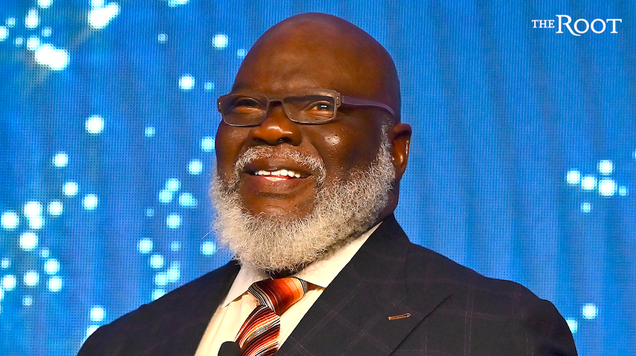CONTRIBUTED BY: KC WASHINGTON

Marsha P. Johnson (Left) and Sylvia Rivera (Right) in 1973 Gay Pride Parade, NYC
Image Courtesy of the National History Archives of the Lesbian, Gay, Bisexual & Transgender Community Center
Marsha P. Johnson was an African American drag performer and social activist. The fifth of seven children, she was born Malcolm Michaels, Jr. to Malcolm Michaels, Sr. and Alberta (Claiborne) Michaels on August 24, 1945 in Elizabeth, New Jersey. During a tempestuous Christian childhood, around the age of five, Johnson began cross-dressing. Her desire for traditional feminine clothing quickly drew a reprimand from her father, a General Motors assembly line worker and housekeeper mother, as well as from the larger society.
After graduating from Thomas A. Edison High School in 1963, Johnson moved to New York’s Greenwich Village. She had $15 and a bag of clothes. Homeless, she turned to prostitution to survive and soon found a like-minded community in the bawdy nightlife of Christopher Street.
Johnson switched names repeatedly as she established her persona, alternating between her given name Malcolm and Black Marsha before settling on Marsha P. Johnson. She chose Johnson because she enjoyed hanging out at the popular eatery, Howard Johnson’s. The “P” purportedly stands for “Pay It No Mind,” a flippant saying she used to dismiss antagonists.
On June 28, 1969, Marsha P. Johnson became one of the faces of the Queer Revolution. She went from her own party uptown to the Stonewall Inn on the corner of Christopher Street and 7th Avenue, arriving after the Stonewall Riot (Uprising) had begun.
The riot stemmed from members of New York’s LGBTQ community being targeted by the New York Police Department (NYPD). LGBTQ people were routinely rousted, hassled, and arrested on questionable charges. That summer Saturday, their anger reached a breaking point after the police returned to Stonewall Inn for the second time in two days. According to Johnson, the police had forced her and others out onto the street to line up and be frisked the night before and then returned the next night and set the Stonewall Inn on fire.
Twenty-three-year old Johnson and her friend Sylvia Rivera were caught up in the Stonewall Uprising which went on for several days and is credited as the catalyst for the Gay Movement of the late 1960s. The Uprising spawned the first gay pride marches across the country in 1970. In the same year, Johnson and Rivera founded Street Transvestite Action Revolutionaries (STAR), which clothed, fed, housed, and advocated for transgender youth from a tenement on the lower eastside.
In 1972, as the face of the resistance, Johnson performed around the world with the popular drag theater company, Hot Peaches. Andy Warhol featured her in a 1975 screen print portfolio of drag queens and transgender merrymakers at the nightclub, Gilded Grape.
As the nascent Gay Rights movement swirled around her, Johnson fought social mores, the police, and her own demons. She suffered from mental illness, weathering breakdowns, arrests, and stints at psychiatric hospitals even as she strove to promote gay civil rights. An early ACT UP member and AIDS activist, Johnson also became a victim of the disease. She announced in a June 26, 1992 interview that she had been H.I.V. positive since 1990. Two years later on July 6, 1994, Johnson was found drowned in the Hudson River off the West Village Piers. The police initially declared her death a suicide and then agreed to reopen the case in 2012. She was 46 at the time of her death.


